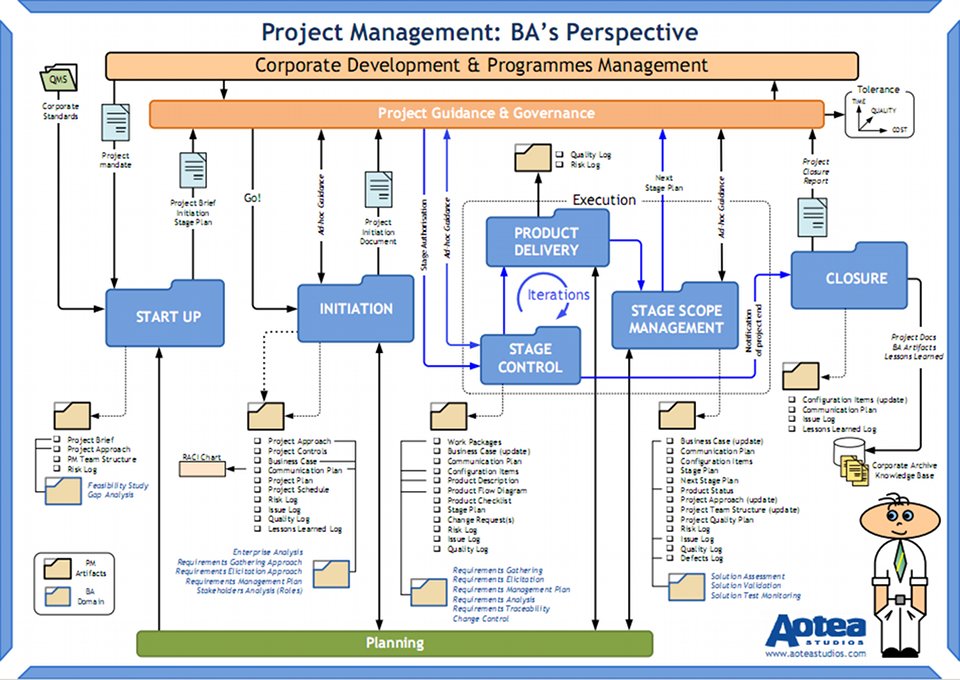

- #Requirements manager versus project manager software
- #Requirements manager versus project manager professional
Goal timeline aspirations: During traditional project management, the team aspires to fulfill a goal at the end of the project. In agile project management, team leaders work to adapt to certain conditions and learn from them to reach an agile goal. Process management: For projects under traditional management, managers and team leaders progress toward an unchanging goal, even if circumstances surrounding the goal change. In agile project management, all members work toward a more broadly defined direction, rather than fulfilling a single objective. Objective approach: In traditional project management, team leads and managers work toward an established goal. In agile project management, team leaders and any managers establish a general vision for the project before beginning. Initial standards: Traditional project management defines an initial target before the project begins. Some differences between traditional project management and agile project management include: Agile project management emphasizes many values, such as flexibility, trust and empowerment within a team.
#Requirements manager versus project manager software
Both delivery and project managers use the agile project management approach to help software product delivery and promote continuous planning progress throughout multiple projects.Īgile project management's goal is to learn from project management throughout the process, rather than only after a project's completion. A project's life cycle features many steps before the team completes the project. Related: 20 Skills Every Project Manager Should Have What is agile project management?Īgile project management is an approach to project management that involves adapting and setting broader goals. They communicate any changes in timeline or scope and any challenges to investors through meetings and written reports. Project managers may help other team leads allocate resources such as finances, employees and materials throughout multiple projects and redistribute them as needed for each.


They may also outline progress for the entire project or for smaller goals to help teams understand the project's timeline. Project managers may also oversee various presentation duties, such as creating visuals like diagrams to help illustrate progress to investors. Project managers may also write a contract between the current project team and any stakeholders.Ĭontracts for projects typically include objectives, deadlines for each phase and estimated total costs. They may adjust plans or create additional action steps to either solve or work around those challenges. During projects, project managers oversee any potential obstacles that may occur throughout development, such as budget deficits or delayed resources. They understand why a team produces a product or service or works toward a goal. Project managers understand business strategies that drive a project and its purpose. Related: A Complete Guide to Project Management What is a project manager?Ī project manager is a leader who works with multiple teams on projects and helps motivate each member. Delivery managers often consult with clients concerning a project, summarizing details of production and discussing any requests. Because they often onboard new clients, forming a long-term relationship with them can be valuable for a business. Delivery managers complete data analyses to ensure that a project is both accurate to customer demands and on schedule for prompt arrival. During hiring phases, delivery managers may be part of the onboarding team to help ensure each new member can work well with the existing team. They create- and maybe later, adjust-development standards and help ensure the team meets each appropriately. Delivery managers may work with project managers to define a development plan and support technical leaders to innovate new delivery methods. They use agile project management techniques to manage projects and improve their delivery processes. Delivery managers work in many technical fields, including software, hardware and machine and part production. They focus on delivering a product, rather than managing a group and may prioritize group projects in order to improve an item's schedule.
#Requirements manager versus project manager professional
A delivery manager is a management professional who ensures that teams complete projects in a timely and efficient manner.


 0 kommentar(er)
0 kommentar(er)
